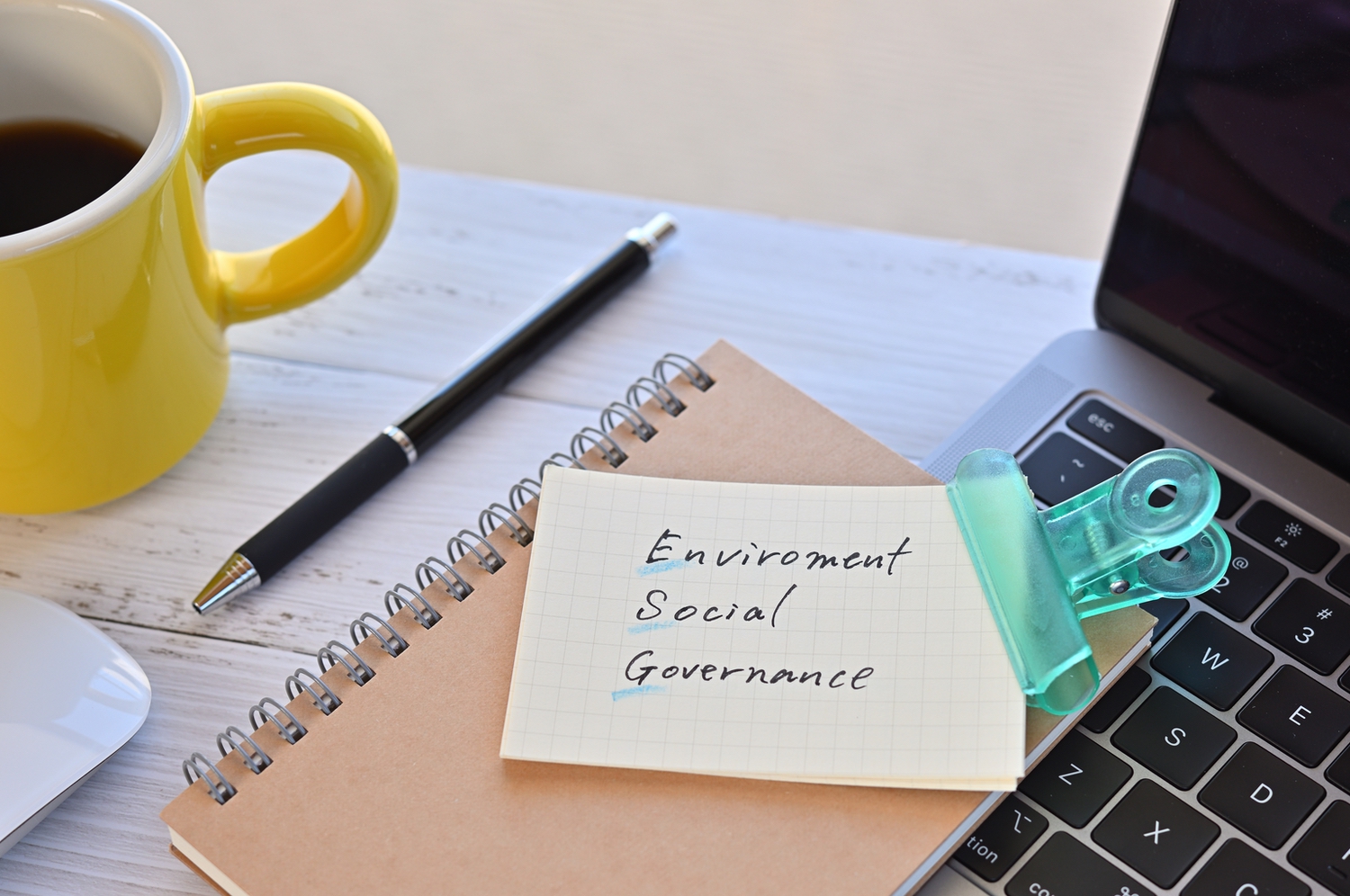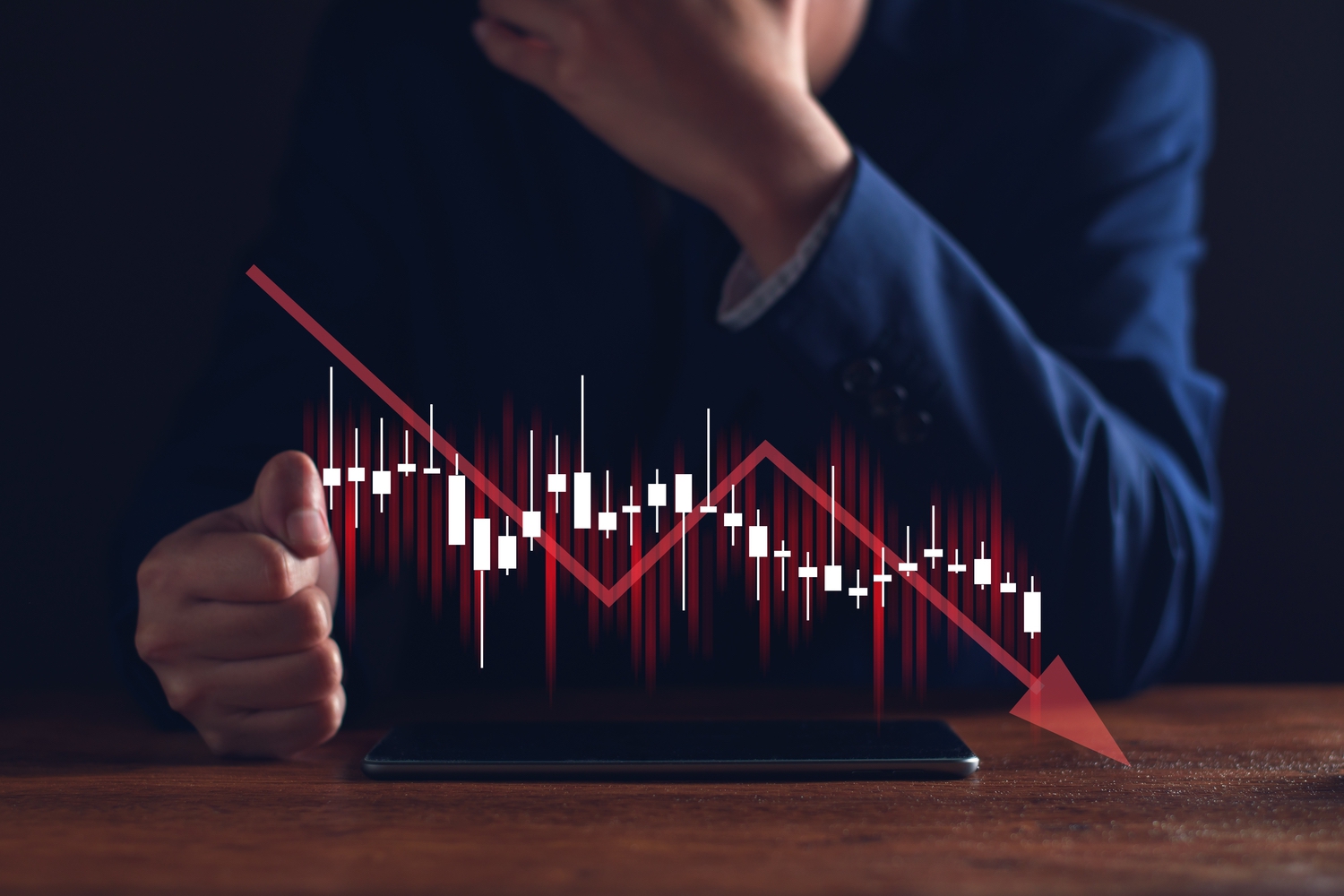

ESG due diligence is now a key element in M&A transactions. This is what has been observed by AURIS Finance, an advisory firm that specialises in mergers and acquisitions. Here are some insights.
In a post-health crisis world largely characterised by uncertainty, sustainability criteria are at the heart of stakeholder concerns. This is true both for investors seeking to measure the impact of their positions and for companies committed to CSR strategies. This shift is largely driven by regulatory developments. The adoption of the EU’s environmental taxonomy, the EU’s “green deal” and the EU’s SFRDs (Sustainable Finance Disclosure Regulation) put responsibility at the heart of investment decision-making.
A matter of valuation
This profound change has not gone unnoticed by the M&A market. Every acquisition is now an opportunity to assess the target’s level of responsibility. For buyers, measuring the target company’s impact and commitment to energy transition and basic practices is no longer incidental or cosmetic, but plays an important role in determining its price. Taking these criteria into account also makes it possible to predict future value, particularly in the event of resale. Indeed, a company with a strong commitment to environmental sustainability will undoubtedly have a better chance of finding a buyer on the market in the future than a company that sticks to traditional business models. As a result, ESG audits are now the norm in mergers and acquisitions. According to France Invest, in 2021, 79% of the 390 management companies that are members of the organisation stated that they formally integrate ESG criteria into their due diligence during the acquisition phase.
Avoiding risks
Like financial, legal and technical due diligence, ESG due diligence aims to identify the risks to which the company may be exposed. Although the existence of risks does not necessarily lead to the cancellation of a transaction, knowledge of these risks is essential in two respects: firstly, for setting the purchase price and, secondly, for formulating the post-acquisition strategy. For example, the analysis of Tier 1 suppliers is now a reflex during audits. But what about other suppliers (Tier 2, Tier 3 and beyond)? If it turns out that one of the company’s subcontractors does not respect labour practices, the company may find it difficult to access certain markets.
Reputational and financial risk
The French group Teleperformance has been put under formal notice by the NGO Sherpa for possible threats to fundamental rights in its subsidiaries in Colombia, Mexico and the Philippines. Three NGOs – Oxfam, Friends of the Earth and Our Common Cause – have also attacked the giant BNP Paribas over its due diligence. The bank is being challenged over its support for new fossil fuel projects. In addition to long-term negative reputational impact, these formal notices result in significant financial costs for companies. Hence the importance of thorough ESG audits.
AURIS Finance’s experts are here to help you
ESG due diligence is not limited to large corporations or large acquisitions. Small and medium-sized companies can also be subject to ESG due diligence according to pre-defined criteria. At AURIS Finance, our experts are specialised by sector. They can help you with your financial, legal, technical and ESG due diligence.


